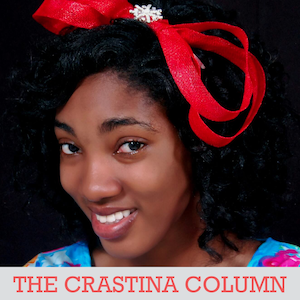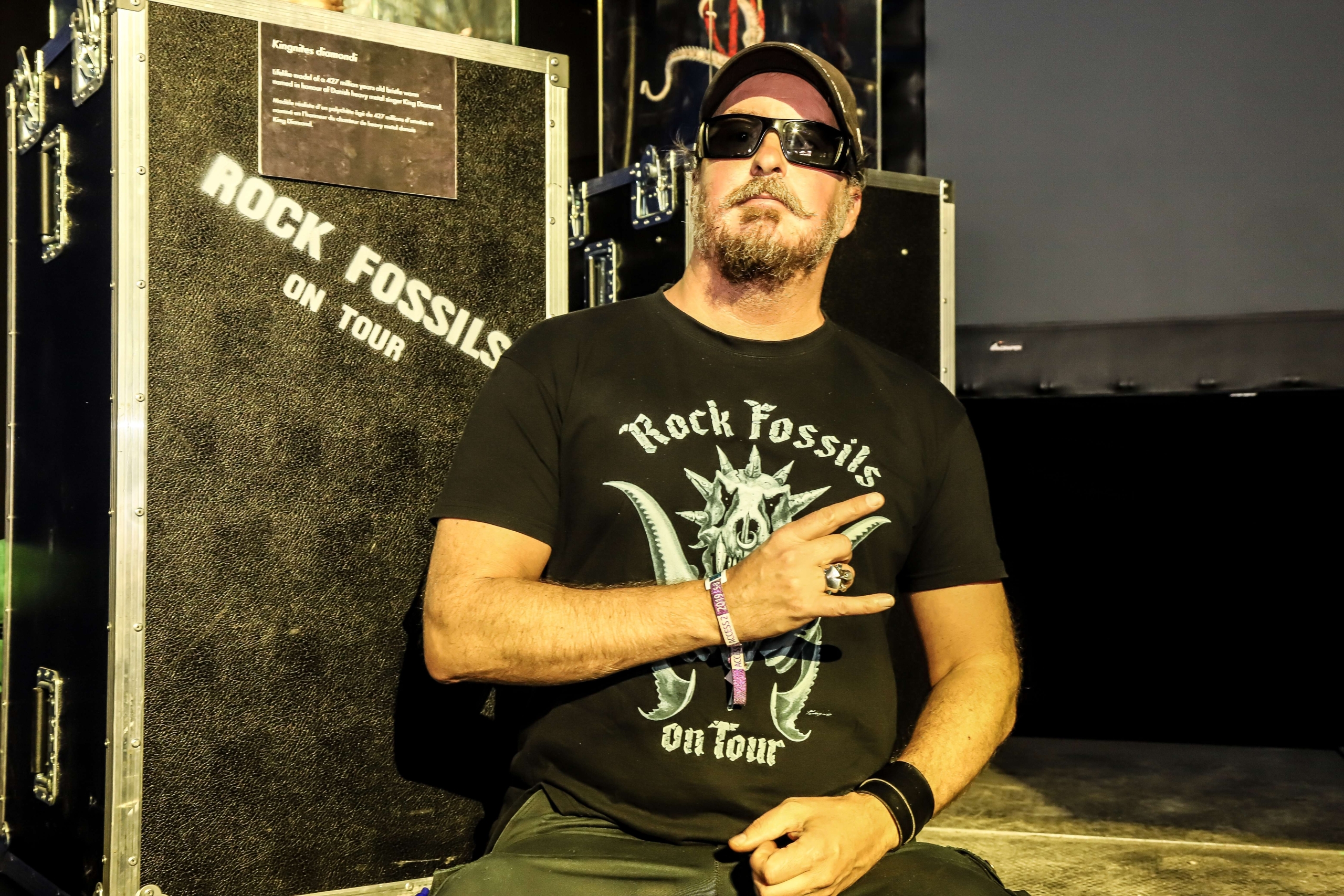Crastina is a platform for the exchange of experience, knowledge and inspiration regarding both scientific peer-to-peer communication and science dissemination
- What? An international network of (mostly young) people who love to communicate science & tech.
- Why? We think science needs to be communicated with more passion and professionalism.
- Where? On our website with interviews & resources + on social media + on Skype and IRL.
- Who? A content group (the Crew), a think tank (the Academy), + lots of friends & contacts.
- When? Right now – as a matter of fact, we’ve just geared up.
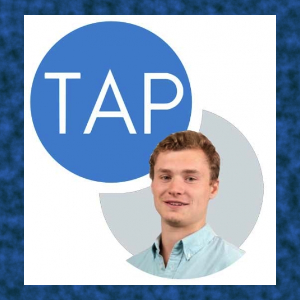
TAP helps prospective students choose dream university
TAP – The Access Platform – makes life easier for students who are gathering information about universities in different countries. To serve its target group, TAP helps universities in different ways, for example by distributing personalised…
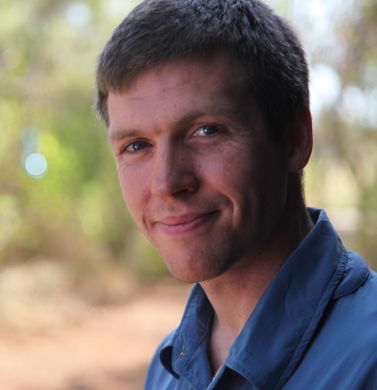
Conversations about Conservation: Simon Watt and The Ugly Animal Preservation Society
A biologist, writer, science communicator, comedian, TV presenter, trainer, consultant and artist, Simon Watt not only runs The Ugly Animal Preservation Society - a comedy night with a conservation twist - but also runs the science communication…
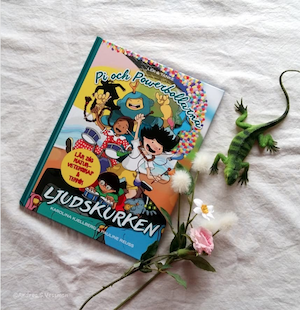
“bNosy is our extra child, passion, dream and daily job” – an interview with Karolina Kjellberg
Karolina Kjellberg and her team mates of bNosy “are on a mission to get kids passionate about science and technology through entertainment”. They do so by producing edutainment in the form of e.g. books, apps and videos, and engaging in…




